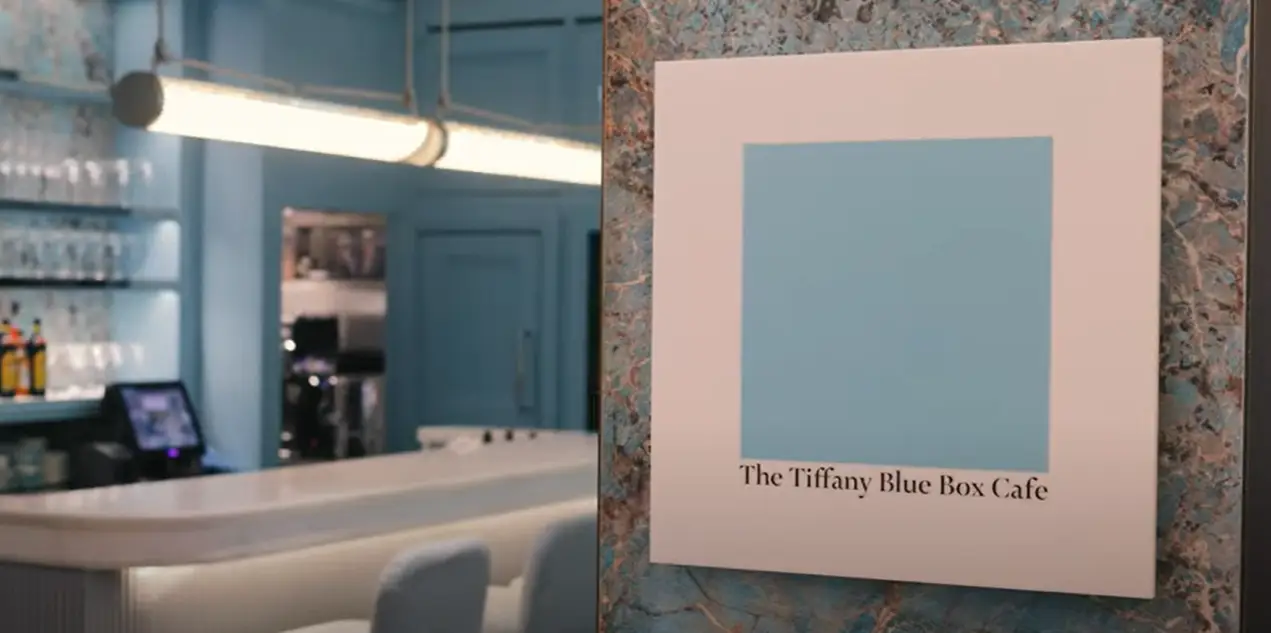The advertising landscape is shifting dramatically. Consumers are increasingly resistant to traditional ads, privacy walls are making targeting more challenging, and mass messaging is losing its effectiveness. In this new reality, brands need to rethink their marketing approach and embrace a new way of connecting with their audiences.
Brands need to embrace experiential marketing as a strategic mindset, instead of a separate channel, to help them build deeper connections and stand out in a crowded market.

In the face of mass fragmentation, today’s audiences are selective and diverse. They demand meaningful conversations. Brands must rethink their approach to cultural moments. This means moving beyond the traditional ‘mass reach’ approach and instead focusing on creating targeted experiences that connect with communities in a meaningful way.
Big cultural events are here to stay, but how people consume them have shifted dramatically, they now consume them on their own terms. Brands must adapt and find new ways to offer value through sponsorship, moving beyond the traditional wallpaper-like, passive observer approach.
Rugby wasn’t Hong Kong’s biggest game, but Cathay’s decades-long sponsorship transformed Rubgy 7 into a city-wide ritual, engaging fans beyond the stadium. The sponsorship pulls new fans into the world of rugby and connects communities.
BMW offered a golf swing analysis experience at the PGA Championships as an official sponsor, turning observers into active participants by harnessing their passion. It is about finding ways to authentically participate in the conversation and create unique experiences that leave a lasting impact.
As communities continue to grow within their own space, a ‘targeted approach’ requires more than just personalised messages that show up at the right time. The consumer journey has become more dynamic than ever.
‘TikTok made me buy it’ is a perfect example – purchases happen without even knowing the brand or being exposed to ad messages. With that being said, it is no longer enough to just show up where your target audience is, you must also be in the ‘right headspace’. This means understanding their passions and interests and meeting them where they are already engaged.
ASB connected its loan product with marathon runners on a personal level by converting their marathon finish times into home loan rates.
The relationship between consumers and brands is becoming a lot more nuanced – ‘knowing’ is the new ‘owning’. People are researching brands to build cultural affiliations. This means understandings your target audience in their full lives – where they go, what they are passionate about, and where those passions align with your brand. Engage them in the right mental space and turn them into fans.
Tiffany’s café integrates into people’s lives before purchases, offering a space for connection and brand exploration when people are ready to connect.
Last but not the least, experiential marketing does not have to be limited to grand events. Even small interactions, like product trials or sampling campaigns can be designed to create memorable experiences that contributes to brand trust and long-term growth.
Midea’s empty cinema product trial creates a witty and memorable experiences that makes air conditioning fun!
By embracing experiential marketing as a strategic mindset, you can build deeper connections with your audience, create memorable experiences, and stand out in a crowded market. There is always a way to connect with your audience in a meaningful and memorable way.
Dive deeper into your brand assets and understand how people use your product, see them in their full lives, and show up.
MANCHESTER
1st Floor, Canada House
Chepstow Street
Manchester
M1 5FW
NORWICH
Burton Road Business Park
Burton Road
Norwich
NR6 6AS
Member of Omnicom Experiential Group. © TRO 2023. All rights reserved